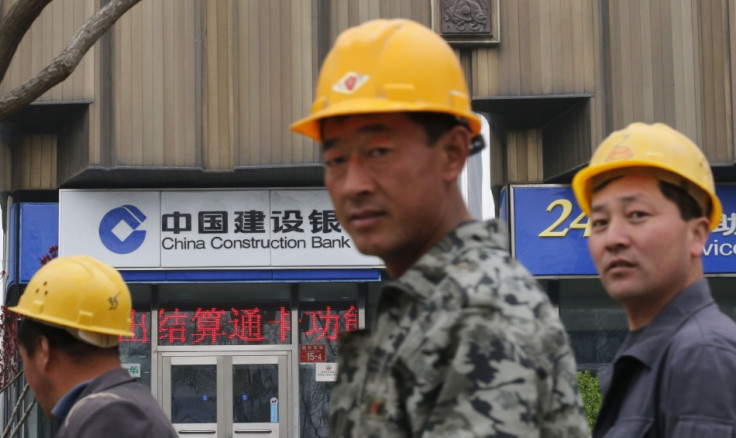Is China's trade slowdown anything to worry about?

China's exports and imports both grew by levels well below what was expected in November, yet its trade surplus managed to reach record levels.
The headline figures show that exports rose by 4.7%, year on year, compared with the market forecasts of 8.2%. Over the same period, imports fell by 6.7%, miles below the 3.9% increase that had been predicted.
Given the fragile nature of the world economy and the vital role China's trade assumes in it, it is perhaps not surprising to see panic set in, and media speculating what this means for the global picture.
Yes, of course poor imports suggest that domestic demand is falling, but most analysts feel this is not the onset of the fabled "hard landing". Much of the data, in fact, can be explained away as fairly innocuous.
First, regarding imports, much of the drop is due to the tumbling oil price. Rather than importing less energy, China's imports have become cheaper. The nominal figure is lower as a result, but that can be easily misconstrued. In fact, China imported more oil in November than it had done the month before.
While the slowdown in metals imports would suggest more underlying sluggishness in the property sector, this is not exactly new. Analysts have been discussing this throughout 2014. This could have as much to do with the Chinese government's clampdown on the flow of cheap finance through its property sector as anything else.
The export picture, on the face of it, also looks bleak. Exports grew by 4.7% year-on-year to $211.66bn in November, well below what was expected. However, drilling down into the data shows that much of the slowdown came in exports to Hong Kong, which went from growing by 24% in October to 1% in November.
A series of economists have suggested that this shows that the government is getting serious on the practice of trade misinvoicing.
IBTimes UK reported earlier this year that in September, China recorded $1.56 of exports to Hong Kong for every $1 in imports recorded in the semi-autonomous region, through September. Year-on-year, the figures are even more damning: China recorded an increase in exports to Hong Kong of 34% on September 2013, while Hong Kong registered an increase in imports of just 5.5%.
It pointed to Chinese companies manipulating their export facilities and data to take advantage of the appreciating exchange rate of the renminbi. Beijing places strict restrictions on capital outflows and inflows, leading analysts to believe that companies are over-invoicing for the goods they export, in order to get a hold of appreciated currency.
It brought echoes of the practice which came to light in Qingdao earlier this year, when Decheng Trading, a Chinese company, was at the centre of a collateral trade scandal. Essentially, the company is alleged to have used fake warehouse receipts in order to secure multiple loans using single cargoes of copper and aluminium as collateral, stored at Qingdao Port.
This illegal practice is thought to have become more commonplace as China attempts to move from an investment-led to a consumption-led economy. The People's Bank of China, China's central bank, has tightened its lending rates. Finance has been in even shorter supply, with greater percentages of commodity collateral required to obtain loans, leading in turn to companies using the same collateral to obtain multiple loans.
This in turn feeds into a manipulation of the currency markets to bypass China's capital flow restrictions and take advantage of currency appreciation. Chinese companies have been using trade finance instruments, collateralised with commodities, in order to invest in high-return shadow banking products, which in turn enable the shadow banks that are issuing them to lend to the real estate sector.
The Chinese authorities have been actively trying to clampdown on such practices and the narrowing export growths to Hong Kong suggests that they are having some modicum of success. This could also have something to do with the slowing property market (and, by extension, the slowing imports of construction materials).
So while the trade data may be disappointing, if it indicates a tightening up of market manipulation then it could become the new norm. When China is under pressure to show more transparency, this could be a good thing.
© Copyright IBTimes 2025. All rights reserved.






















